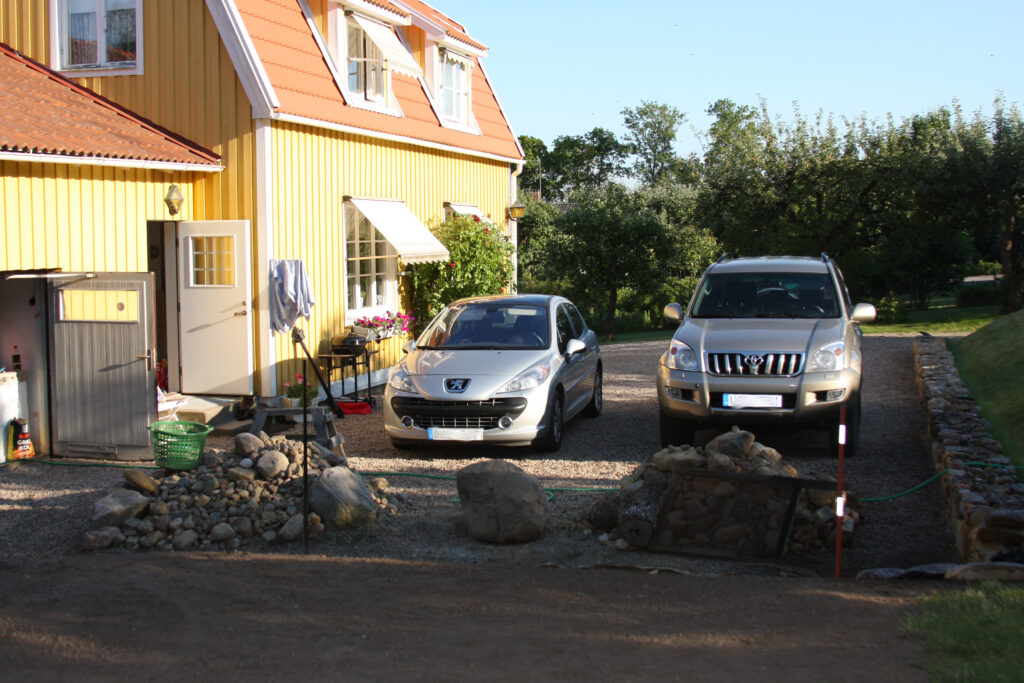Many people, including many scientists, go to great length to save the concept of free will. Why is that? One of the arguments is that without free will we can not be morally accountable for our actions. But is it really a sign of free will to “choose” to do what the contemporary society thinks is morally acceptable? To me it sounds rather like the opposite. And more importantly, do we need to be morally accountable for our actions for the society and the judicial system to function? I think not.
My teenage son had the bad habit of slamming the door when he left home, leaving the house and the remaining members of the family shaking at about Richter 5.0. When I asked him not to, he often answered: “I didn’t mean to…”. (I.e. it wasn’t my fault so don’t blame me!). I may be an insensitive father but to me that explanation was moot (truthful or not). I just wanted him to stop because his habit would sooner or later damage the door and impair our hearing. I wanted him to stop whether he meant to slam the door or not.

Society doesn’t accept crime because it is inconvenient, destructive, unproductive, dangerous to other members of the society and so on and so on. Whether somebody meant to commit a crime is not all that interesting from society’s point of view and perhaps not from the criminal’s point of view either. Society should (a) protect itself in the short term and (b) help the criminal mend his or her ways (thereby protecting itself also in the long term). Depending on the criminal’s mental health and other traits of character there may be different ways to accomplish (a) and (b). In practice the corrective action would probably be about the same as with today’s way of looking at accountability but since the whole concept of free will in combination with moral accountability is debatable at best, I think the legal system would be clearer without references to these concepts.